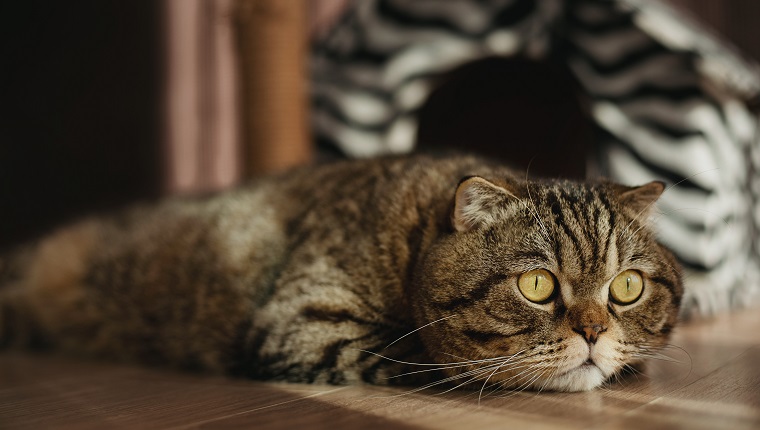Non-regenerative anemia in cats is a condition that involves a cat’s bone marrow being unable to produce enough new red blood cells to replace the existing, aging red blood cells before they disappear.
The condition results in a lack of sufficient oxygen carried around the body.
If you see signs that your cat might be suffering from anemia, then you…





